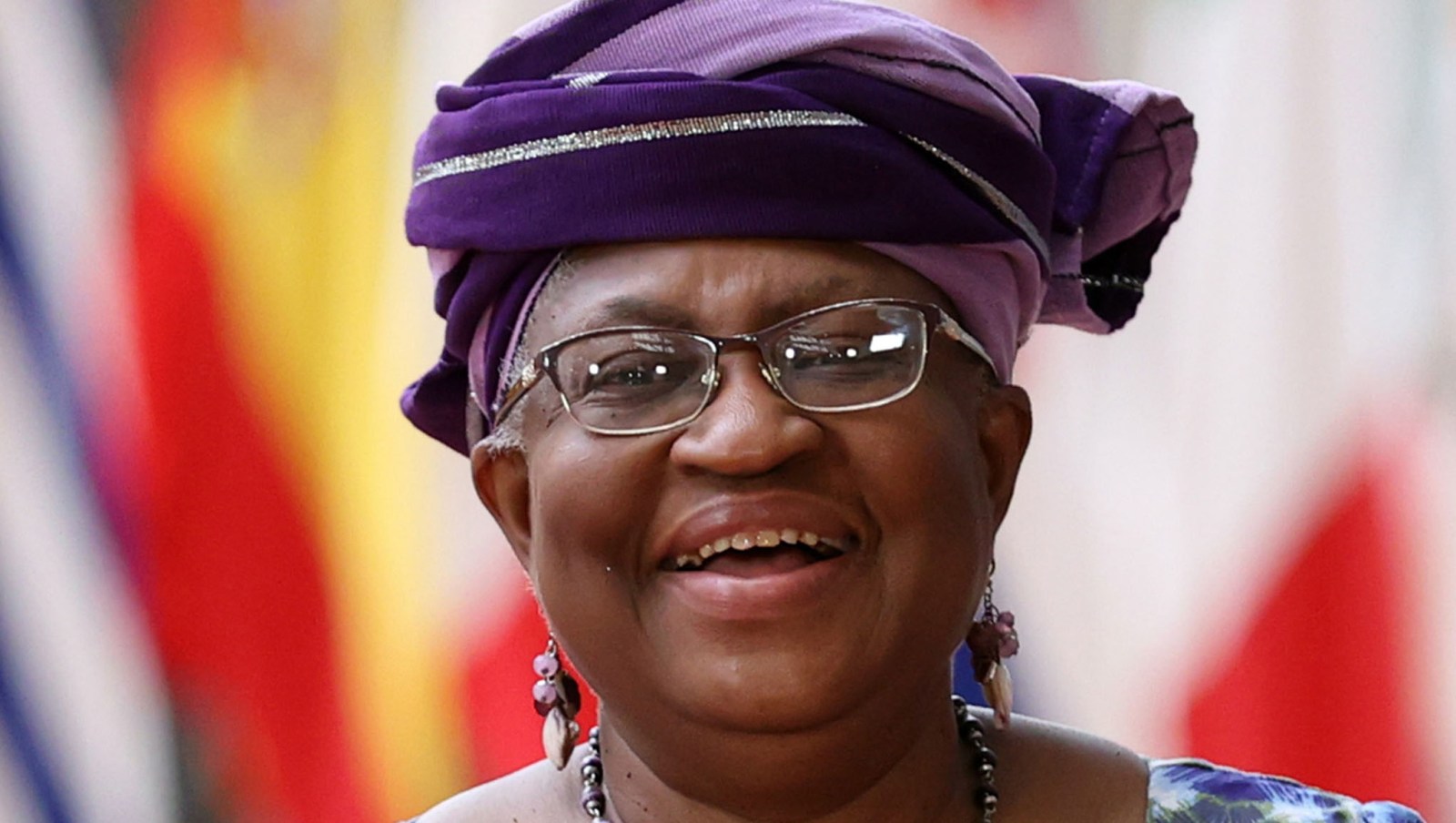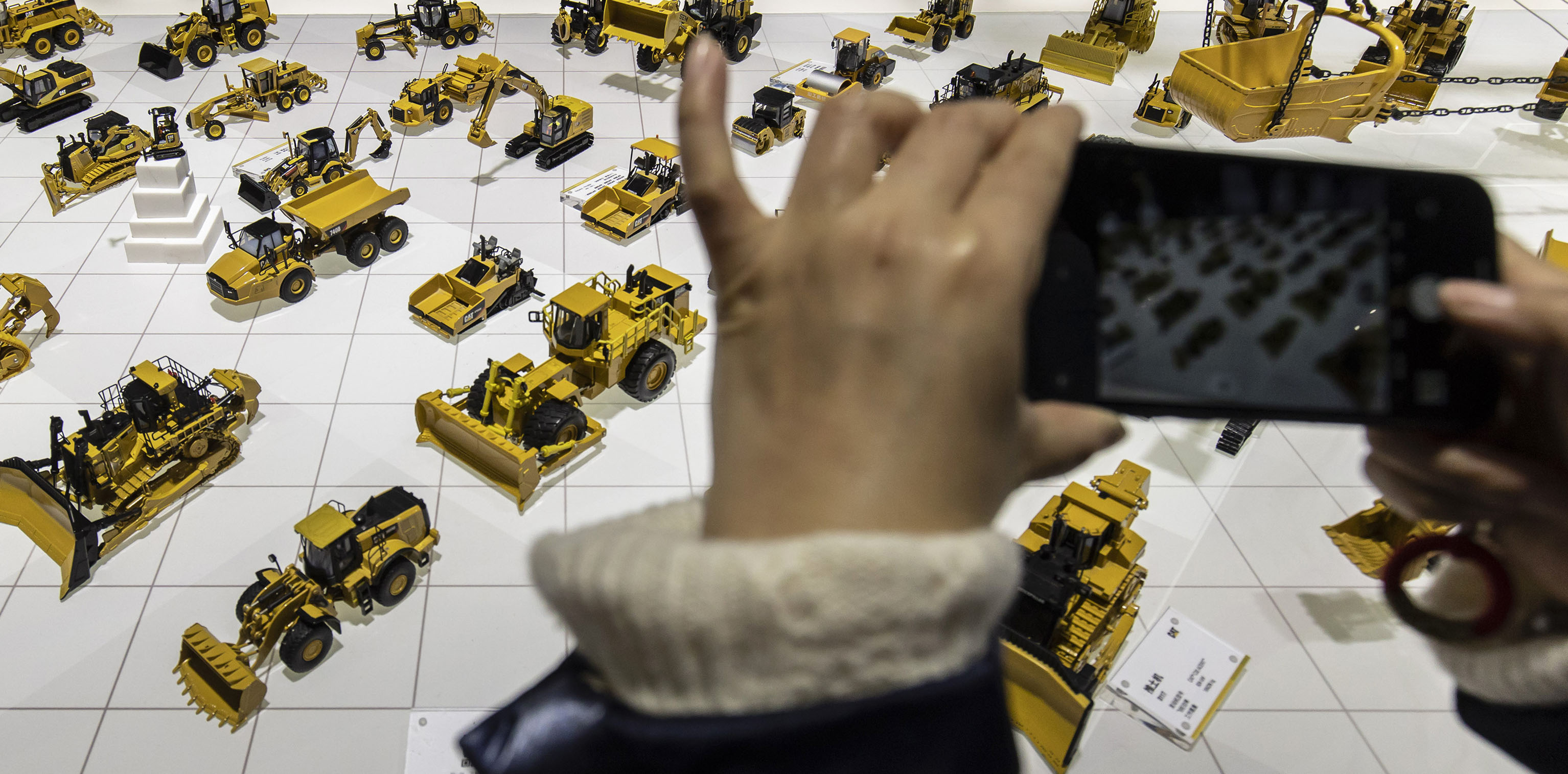
SOUTH AFRICA FEELS 'PUNISHED' BY TRAVEL BANS AFTER RAISING ALERT TO THE NEW VARIANT. IMAGE DAILY MAVERICK, SA
By Jack Dunhill01 DEC 2021,
On November 24, scientists from South Africa alerted the World Health Organisation (WHO) of a heavily mutated COVID-19 variant, now named Omicron, and it was assumed the variant mutated within the country. However, information has arisen that suggests Omicron was actually in Europe up to 11 days prior to that alert, and Nigeria weeks before.
The Dutch health authorities have now announced that they have detected the variant from samples dating back to November 19 and November 23, though it is not clear whether they had returned from South Africa at the time. At a similar time, Nigeria has announced that they too have found samples containing the Omicron variant from October in a traveler that was entering the country – but they too are unclear where they were coming from.
Together, the data suggests Omicron was circulating southern Africa and even Europe by the time South Africa raised the alarm. Now, South Africa's scientists state they feel "punished" by many countries, that have now imposed a travel ban to South Africa – despite their impressive genomic sequencing being the only reason that the world is aware of Omicron.
The Omicron variant is technically known as B.1.1.529, a descendent of the B lineage that has preceded a number of evolved variants during the pandemic. While little remains known about the variant, it does carry 50 mutations overall, including 32 within the Spike protein itself, that may result in a change in transmissibility and disease severity. When the genome was sequenced, concerns were raised about how well the vaccines will fare against Omicron, and trials are currently underway to determine whether a booster will be required. The WHO has now marked Omicron as a Variant of Concern, and has achieved that infamous title faster than almost any other variant.
However, the WHO announced recently that most cases of Omicron are "mild" and that there is "no evidence" that the mRNA vaccines will be less effective, based on current data. There is still no information about whether the new variant is more transmissible.
"Viruses will evolve to become more transmissible,” said Professor Neil Ferguson, speaking about the Omicron variant, reports Sky News.
“They can do this by becoming more intrinsically transmissible, more infectious like the Alpha variant was compared with the original strain of COVID, like the Delta variant was more infectious, in the highly immune population they can gain transmissibility by evading immunity.
"It looks like, but we haven't had it proven yet, the Omicron variant may confirm to be that latter type of evolution."











